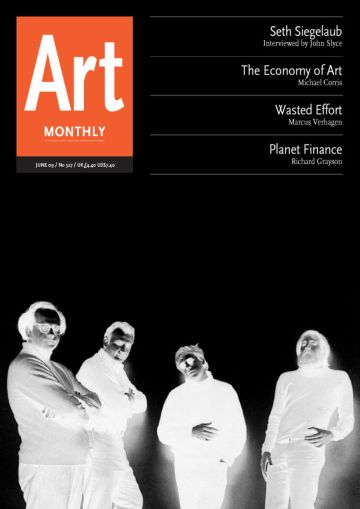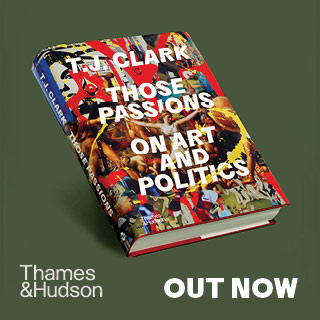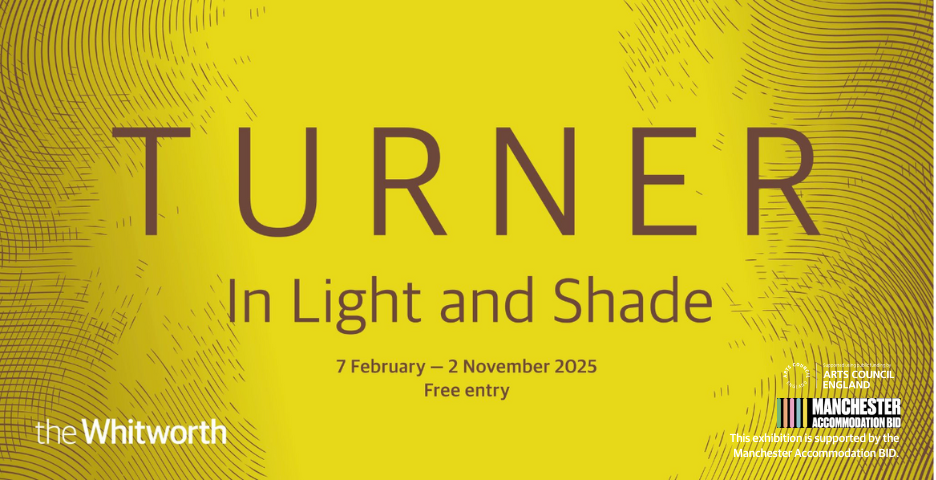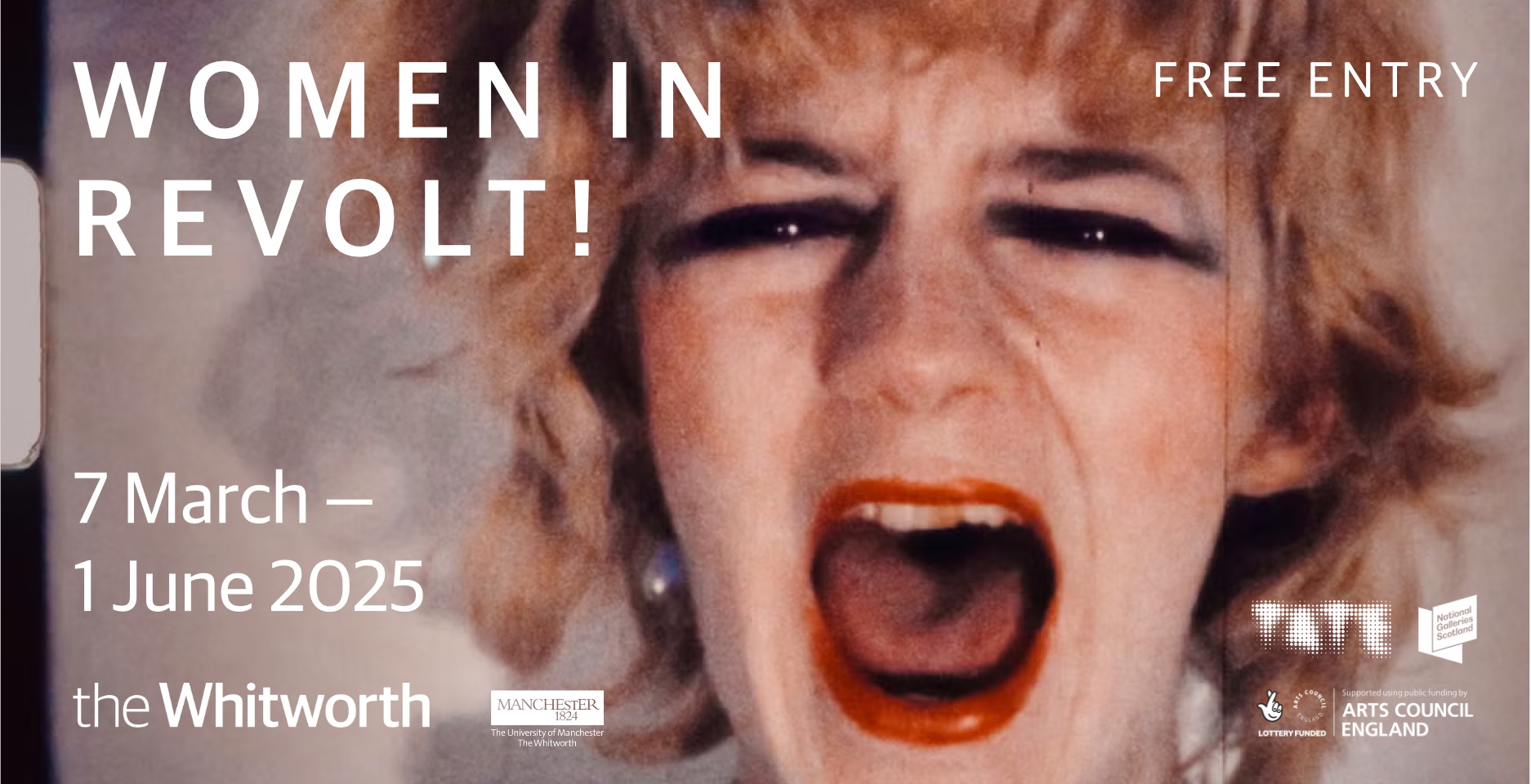Art Monthly 327
June 2009
Seth Siegelaub
interviewed by John Slyce
The Economy of Art
Michael Corris
Wasted Effort
Marcus Verhagen
Planet Finance
Richard Grayson
Buy Now – select:
Want to read this right now?
Get instant access to the entire back catalogue via Exact Editions from only £8.99!
Contents

Robert Barry, Douglas Huebler, Joseph Kosuth, Lawrence Weiner
Interview
The Playmaker
Seth Siegelaub interviewed by John Slyce
Seth Siegelaub was an independent curator before the term was coined, working with the first generation of conceptual artists in New York, among them Lawrence Weiner, Douglas Huebler, Joseph Kosuth and Robert Barry (pictured), to realise seminal exhibitions, publications and artworks. Here he talks about the development of Conceptual Art in the 1960s and 70s, the wider social and political context in which the work was produced, and the current professionalisation of the art world.
'The questions opened up by these contemporary problems were reflected in responses to, for example, concerns about art as object and as commodity, the permanence of the art object, the one visual canon, and what makes a work of art "ownable" or not "ownable".'
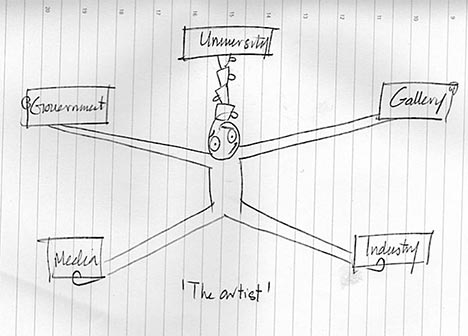
Helen Blejerman Portrait of the artist 2007
Feature
The Economy of Art
Michael Corris asks which is worse: the lickspittle world of state-managed culture or the kick-ass world of the marketplace?
As the wider global economy crashes in a way not seen for generations, some art world insiders are claiming that this is good news for art. But what does it mean for artists? How are they to negotiate the conflicting realms of potential funding? And does the economic crisis offer an opportunity for the development of a new understanding of art's value?
'Art has been likened to a gift. Another comforting, self-congratulatory thought that serves all but the artist. To take this notion seriously, as a glamorous anthropological revelation beloved by sociologists, is to suppress the grubby fact that artists have been giving it away for too long.'

Pierre Huyghe A Journey that wasn't 2005
Feature
Wasted Effort
Marcus Verhagen on art that purposely misses the target
There is a tendency among some artists to produce artworks that require vast amounts of effort for apparently little reward. How do these elaborate, seemingly wasteful artworks relate to a broader context of labour and value?
'In making disproportionate efforts, the artists are engaging subversively with the utilitarian principle at a time when its effects are ever more palpable and all-pervading, as it transforms previously untouched spheres, such as leisure time and public space, by submitting everything to the calculus of cost and reward.'
Comment
Editorial
Let's Talk
The continued discontent within Central Saint Martins shows that those at the frontline of art education remain anxious that a set of instrumentalist criteria is being used to measure fine art against a range of more vocational 'creative' courses.
'It is time for all concerned to sit down and talk before it is too late and all fine art departments, along with all other arts departments, are subsumed into the non-category of "visual culture".'
Print Matters
With the launch of an updated version of Amazon's Kindle e-book reader, much has been made of the death of the traditional book format. But does this triumphalism reveal a naivety over the value of the printed word?
'The choice of product name is unfortunate since Kindle recalls book-burnings under the Nazis and other regimes. But perhaps the marketing types at Amazon don't read much.'
Letters
Responding to last month's letter from their dean of art, staff and students at Central Saint Martins reveal a split between administrative staff and students, and question the assumed purpose of a fine art education.
Artnotes
Arts Council England announces its Action on Recession plan; galleries in London's West End close their doors while studio galleries continue to open; staff strike and students protest as London Metropolitan University plans to cut more than a third of its staff following errors in financial management; pre-Venice Biennale news; and all the latest on art world appointments, events, commissions and more.
Submissions: Send Artnotes info to artnotes@artmonthly.co.uk
Reviews
Exhibitions
Dematerialised: Jack Wendler Gallery 1971-1974
Chelsea Space, London
Martin Herbert
The Pictures Generation 1974-1984
Metropolitan Museum of Art, New York
Morgan Falconer
Katleen Vermeir & Ronny Heiremans: The Good Life
Arnolfini, Bristol
Stephen Lee
Richard Hamilton: Toaster Deluxe
Gagosian Gallery, London
Michael Bracewell
The Photographic Object
The Photographers' Gallery, London
David Ryan
Falke Pisano
Hollybush Gardens, London
Colin Perry
Louise Nevelson: Dawns and Dusks
Louise Blouin Foundation, London
Cherry Smyth
Willie Doherty
Fruitmarket Gallery, Edinburgh
Nicky Bird
Transmission Interrupted
Modern Art Oxford
Coline Milliard
Desiring Necessities
John Hansard Gallery, Southampton
Sally O'Reilly
David Blandy: Crossroads
Turner Contemporary Project Space, Margate
David Trigg
Mathew Hale: Der Mond v Le Monde
Peer Gallery, London
Larne Abse Gogarty
Reviews
Books
Salon to Biennial
Teresa Gleadowe on Bruce Altshuler's new book on period-defining exhibitions
'It has become a critical orthodoxy to talk about the power of curators, but these statements feel insufficiently nuanced. Despite the growing power of the big museums and the increasing instrumentalisation of contemporary art to other agendas, are we really to see today's successful artists as disempowered by their curatorial colleagues? What of the artist as curator, the merging of curatorial and artistic practice, the increasingly common instances of creative collaboration between artists and their curatorial peers?'
Report
Letter from UAE
The Sharjah Biennial
Kathy Battista on the Biennial and its place in the UAE's reinvention as a cultural themepark
'If Dubai is any indication of the extremes that the UAE will go to, it is only logical that it will do the same in the cultural sector. This cultural gigantism is both seductive and frightening. Can one buy culture? If great art is born out of strife, what kind of art will emerge in a country whose economy is fed by a dependency on oil and the excesses of the world's wealthiest demographic?'
Polemic
Planet Finance
Falling to Earth
Richard Grayson on art's links to luxury and its appeal to the testosterone-fuelled money markets
'Like the aptly named regulatory finance company Standard & Poor's, museums and curators around the world have been issuing the equivalent of AAA ratings for products that no one any longer understands properly.'
Artlaw
Online Resources
International Foundation for Art Research: IFAR
Henry Lydiate on IFAR's new, publicly accessible online databases
'The internet continues to advance and develop the provision of high-quality, free-access information. IFAR is one such excellent and authoritative resource for current and historical information about art business throughout the world. It has recently launched two new unique and valuable online databases, which we will examine in detail: an international artlaw and ethical issues archive, and a wide range of artists' catalogues raisonnes.'
Listings
Exhibitions
June exhibition listings
Art Monthly's exhibition listings can also be viewed online.
Submissions: Send Listings info to listings@artmonthly.co.uk

